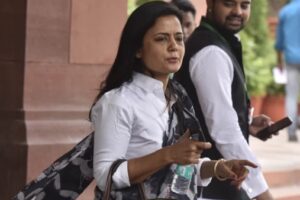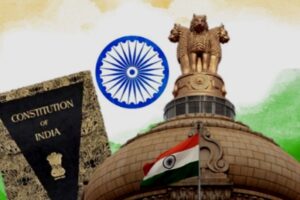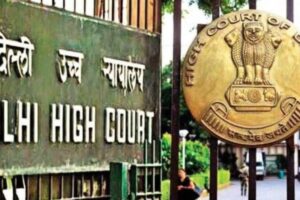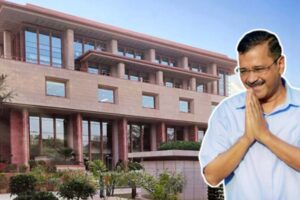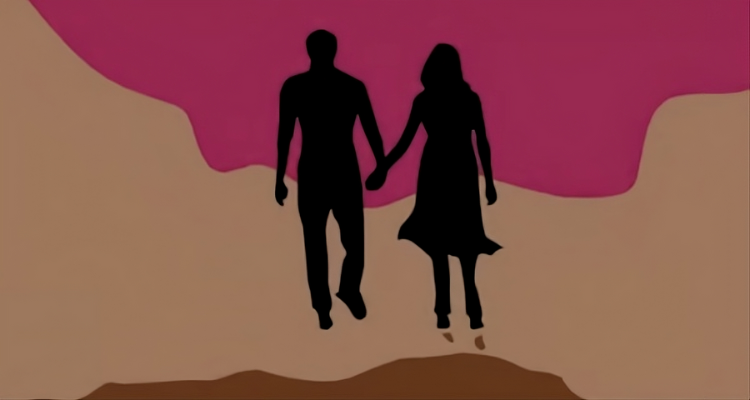
The Delhi High Court highlighted that Indian law doesn’t allow parole solely for maintaining a conjugal relationship with live-in partners, as seen in the case of Sonu Sonkar v The Lt Governor, Delhi & Ors. Justice Swarana Kanta Sharma emphasized that a live-in partner cannot demand the right to have a child with their incarcerated partner, especially when the convict’s first wife is still alive.
The Bench emphasized that allowing parole solely to maintain conjugal relationships or have a child with a live-in partner, especially when the convict already has a legally wedded spouse and children, would establish an undesirable precedent. Justice Sharma pointed out that such a decision could lead to a flood of similar petitions from convicts claiming the same grounds for parole.
This, the Court stressed, goes against the existing laws and the relevant rules for granting parole under the Delhi Prison Rules, 2018.
Furthermore, Justice Sharma clarified that a live-in partner does not qualify as a “family member” under the prison rules. Therefore, the live-in partner of the petitioner, lacking legal recognition as a spouse, cannot be considered part of the petitioner’s “family” as defined in the Delhi Prison Rules.
The Court made these remarks during the hearing of a petition filed by Sonu Sonkar, a convicted murderer, who sought parole to marry his second wife and maintain social connections. Sonkar had been granted parole multiple times before, during which he married another woman. In his current plea, he sought parole to engage in conjugal relations with this woman.
However, the Court found no evidence of their marriage or Sonkar’s divorce from his first wife. Justice Sharma reviewed the case and observed that the issue of consummating the marriage with the second woman was moot, as she was already pregnant and had given birth to a stillborn child. Additionally, Sonkar already had three children from his first marriage.
Consequently, the plea was dismissed.
Read More: Supreme Court, Delhi High Court, States High Court, Other Courts, International


